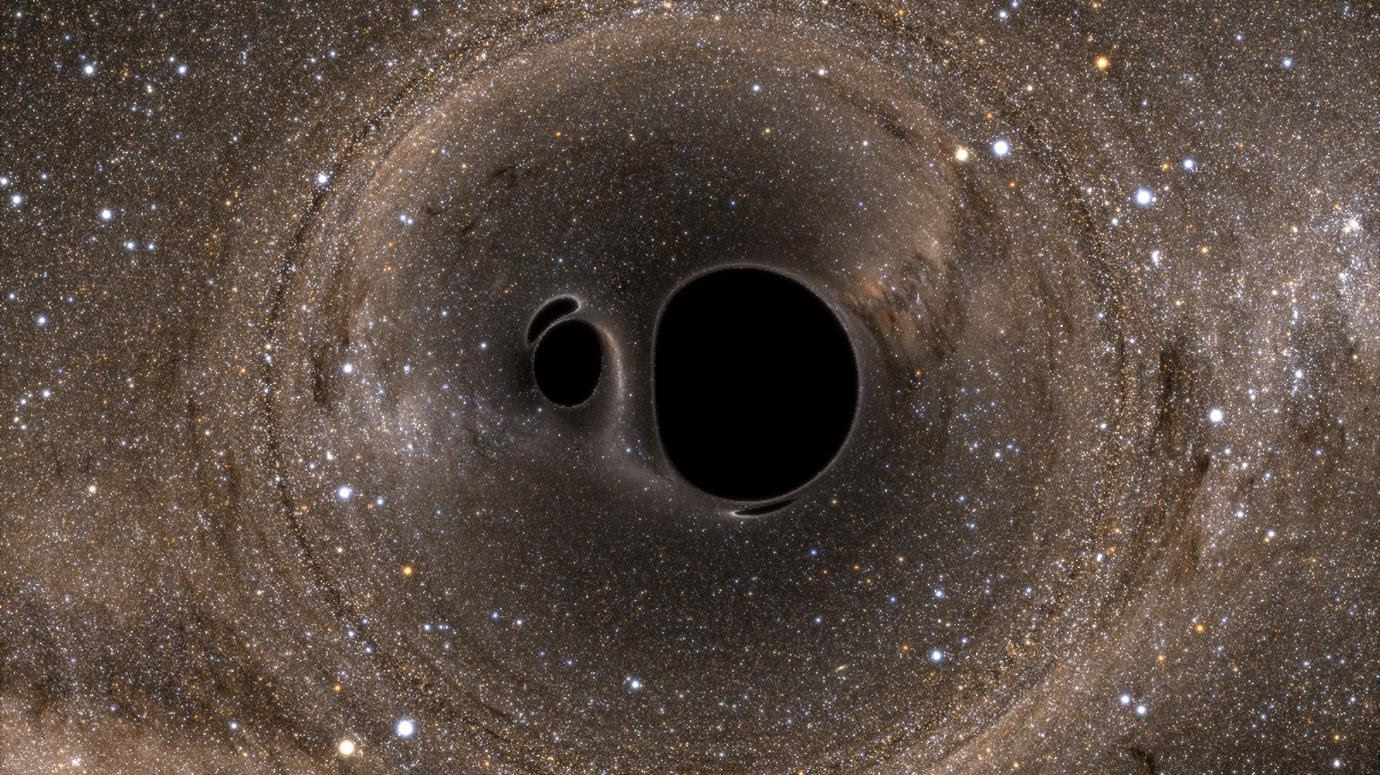Scientists have issued a stark warning as Earth’s rotation is accelerating, with today (Tuesday) expected to mark one of the shortest days ever recorded. The planet is projected to complete its rotation 1.25 milliseconds faster than the standard 24 hours, a shift imperceptible to humans but with potentially catastrophic long-term consequences.
What’s Causing the Acceleration?
The change is primarily driven by the moon’s gravitational pull, but other contributing factors include:
- Shifting molten layers in Earth’s core
- Melting glaciers redistributing mass
- Ocean currents and high-altitude winds
- Large weather systems like El Niño
- Earthquakes altering mass distribution
These forces can cause Earth’s rotation to vary by a few milliseconds, but the recent acceleration trend has surprised researchers.
The Fastest Days Ever Recorded
Using atomic clocks, which measure time with incredible precision, scientists have tracked several record-short days:
- July 5, 2024: Shortest day ever recorded — 1.66 milliseconds shorter than 24 hours
- June 30, 2022: 1.59 milliseconds short
- July 19, 2020: 1.47 milliseconds short
Graham Jones, an astrophysicist at the University of London, discovered that more rapid days are likely on July 9, July 22, and August 5, raising fresh concerns.
Why Should We Care?
While a millisecond may seem trivial, scientists warn that unchecked acceleration could eventually reshape the planet:
1. Sea Level Rise at the Equator
As Earth’s spin increases, centrifugal force pushes water from the poles toward the equator.
- Even a 1 mph increase in rotational speed could raise sea levels by several inches near the equator.
- A 100 mph increase could submerge vast equatorial regions, including low-lying coastal cities.
2. Disruption to Human Biology
Faster spin = shorter solar days.
If the day shrinks to 22 hours, it could throw off human circadian rhythms drastically.
- People would effectively wake two hours earlier each day, with no time to adjust.
- Similar disruptions like daylight saving time have been linked to increased heart attacks, strokes, and accidents — permanent change could be worse.
3. Intensified Storms
NASA astronomer Dr. Sten Odenwald warned of stronger hurricanes due to an amplified Coriolis effect, which causes storms to rotate.
- “Hurricanes will spin faster and carry more energy,” he explained.
The Science Behind the Clock
The changes in Earth’s spin are monitored using atomic clocks, which measure time by tracking oscillations of atoms. These devices help define Coordinated Universal Time (UTC) — the world’s official timekeeping standard.
Although Earth’s daily rotation is supposed to take 86,400 seconds, these recent shifts prove that the planet doesn’t spin perfectly evenly.
What’s Next?
While the current acceleration is still being studied, experts agree that vigilant monitoring is essential.
Jones and other scientists are now focusing on internal Earth dynamics — including the movement of molten material in the core and changes in oceanic and atmospheric systems — to better understand this growing phenomenon.
For now, Earth’s changing rhythm serves as a reminder of the fragile balance that sustains life — and how even milliseconds can matter.



